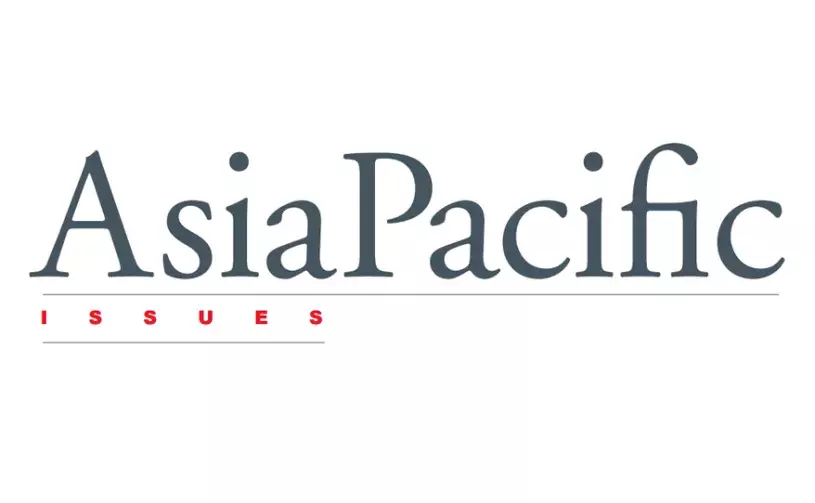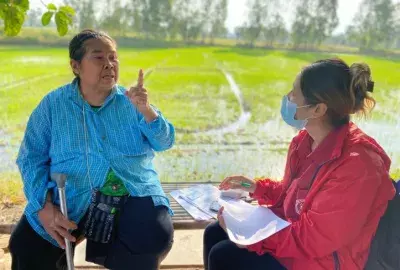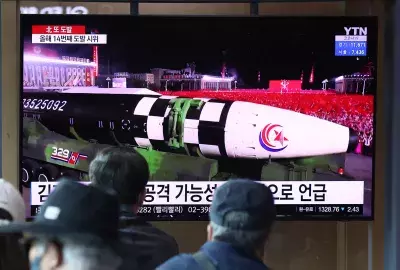Error message

Western Pacific Rim states have been slow to participate in preferential trade agreements (PTAs). In the past four years, however, more than 40 PTAs involving these economies have been proposed or are being implemented. For the first time, Japan and China have either signed or are negotiating bilateral or plurilateral agreements. The new interest in PTAs reflects the perception that they have been successful in other parts of the world, and is reinforced by dissatisfaction with the region's existing trade groupings. Although arguments can be made in favor of PTAs, they amplify political considerations in trade agreements, may adversely affect the political balance in participating countries, impose costs on nonparticipants, and deplete scarce negotiating resources. Nevertheless, the number of western Pacific Rim states participating in PTAs continues to climb. Northeast Asian countries have been following Europe in exploiting loopholes in WTO rules on PTAs to protect their noncompetitive sectors, thereby strengthening their political positions, which will likely make global liberalization more difficult.
Western Pacific Rim states have been slow to participate in preferential trade agreements (PTAs). In the past four years, however, more than 40 PTAs involving these economies have been proposed or are being implemented. For the first time, Japan and China have either signed or are negotiating bilateral or plurilateral agreements. The new interest in PTAs reflects the perception that they have been successful in other parts of the world, and is reinforced by dissatisfaction with the region's existing trade groupings. Although arguments can be made in favor of PTAs, they amplify political considerations in trade agreements, may adversely affect the political balance in participating countries, impose costs on nonparticipants, and deplete scarce negotiating resources. Nevertheless, the number of western Pacific Rim states participating in PTAs continues to climb. Northeast Asian countries have been following Europe in exploiting loopholes in WTO rules on PTAs to protect their noncompetitive sectors, thereby strengthening their political positions, which will likely make global liberalization more difficult.







